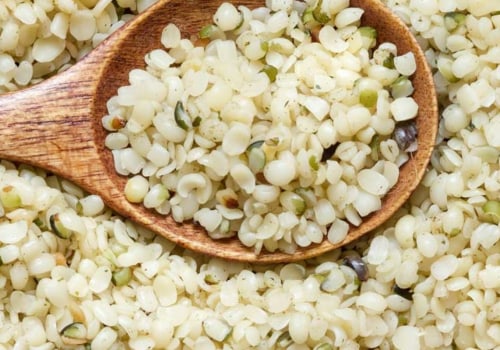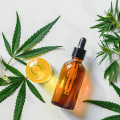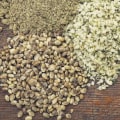Yes, buying CBD is legal at the federal level as long as it doesn't contain more than 0 or 3 percent THC, but some state laws have imposed restrictions on buyers. According to the Drug Enforcement Agency (DEA), there are many different types of CBD products made with industrial hemp that are legal if they do not exceed 0.3 percent THC content. Since most of the CBD products for sale are made from industrial hemp, they are legal in all 50 states. As long as you can show that your CBD oil has less than 0.3% THC, you're safe.
All of these levels make it difficult to answer the question of whether it's legal to sell CBD, and the rules on the possession and use of CBD are just as complicated. In this case, it all comes down to the state in which you reside, as different states have different regulations on CBD. While hemp-based CBD is legal at the federal level, some states consider it illegal to use or possess any cannabis product for a period. Other states only allow the use of CBD for medical purposes.
This variance is described in more detail in the following graphic. For example, while CBD is legal in the United States at the federal level, there are a few states that disapprove the possession or use of these products for any reason. According to Mackenzie Slade, director of Cannabis Public Policy Consulting, CBD and THC don't contain the same amount of psychoactive components associated with the feeling of “getting high”.Any CBD made with marijuana or manufactured by a producer without a federal license is illegal at the federal level and cannot be shipped across state lines. CBD is also scientifically related to the prevention of seizures, which led the Food and Drug Administration (FDA) to approve a prescription drug called Epidiolex, which contains CBD as an active ingredient. However, before receiving long-promised guidelines, CBD users should rely on their research when buying oils, capsules, edibles, or any other supplement containing cannabidiol. At the federal level, cannabis-derived CBD is considered a Schedule 1 substance and is illegal, Slade explains.
First of all, CBD must be derived from hemp, which is a variety of cannabis with less than 0.3% THC per dry mass. These requirements have led some companies to avoid producing CBD oil with a significantly high level of THC, no matter how much they claim otherwise. TL; DR — Yes, CBD oil is 100% legal at the federal level as long as it comes from the cannabis sativa plant, also known as the industrial hemp plant. In short, CBD is federally legal in the United States as long as it comes from hemp and does not contain more than 0.3%. People who ask about the legality of CBD are very interested in knowing what the law allows in terms of possession, use and administration not only of CBD, but also of industrial hemp.
Although China produces CBD products, they are exported to other countries; it is not legal to use, buy, or sell CBD in the country. Despite these benefits, Slade says that the legality of CBD is a gray area that legal analysts continue to analyze. These laboratories will test the potency of CBD in the sample, as well as for common contaminants, including pesticides, heavy metals, mold and solvent residues.







